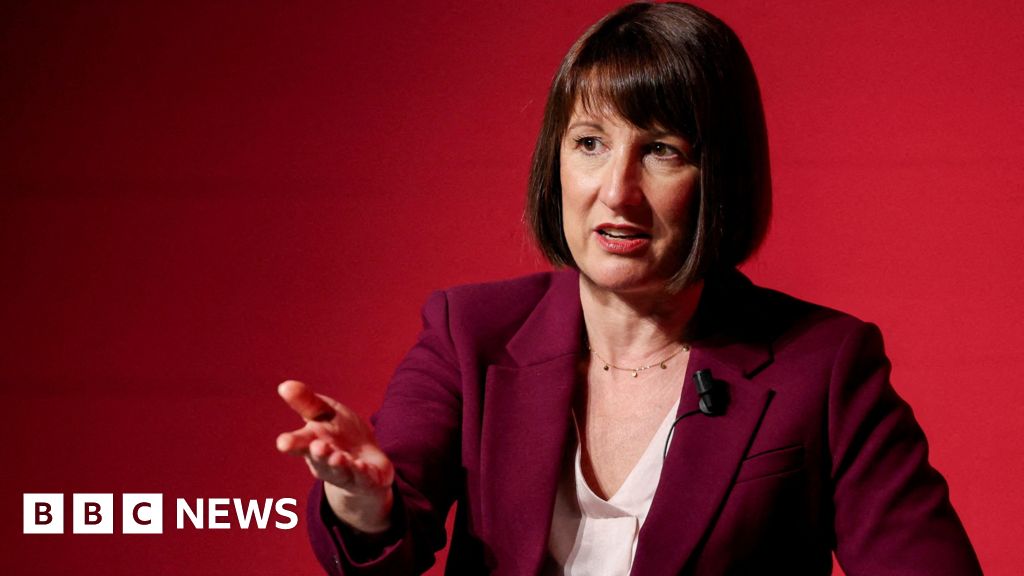Cowper’s Cut 346: Why the NHS NatChat shows that the Government’s health policy is missing

Few things say ‘we haven’t actually got a plan’ quite as fulsomely as the launch of a ‘National Conversation’ about a key area of public policy.
The latest NatChat is about the NHS. Lucky us. And some brilliant brain in or around the government decided that the NatChat’s consultation of public wisdom on the NHS should be published online, live and unfiltered, in real time.
Did Boaty McBoatface die in vain?
Anyway, ‘Change NHS’ (its name an inadvertent tribute to the once-authentic (if later hijacked) grassroots movement of NHS Change Day) caused more than a few wry smiles to play around the corners of our well-chiselled features as we observed the Grate British Public’s demonstrable disinterest in an open and unstructured pseudo-consultation.
With such suggestions as ‘Get Daleks into the NHS: they’ve got lots of experience fighting doctors, and they can handle all the assisted dying stuff too’.

The Critic’s perceptive Rob Hutton got the perfect headline on his piece about the NHS NatChat, with ‘The Ministry Of Silly Thoughts’.
This is public consultation as sincerity: once you can effectively fake either of these, then you’re sorted.
If you wanted to design something as far away as possible from the proven (albeit labour-intensive) techniques of citizens’ juries and deliberative democracy, then this NHS NatChat would be it.

’T’Ain’t What You Do: It’s The Way That You Do It
Is consulting the public about NHS reform a bad idea per se? No. But in the words of the great song, ’T’Ain’t What You Do: It’s The Way That You Do It.
Going about it as a NatChat, and in such an obviously-subversible way, fails to inspire confidence that the Government’s arse-elbow differentiation skills are out of the top drawer.
You can try hard: don’t mean a thing
Does this matter? Yes. A Labour government that is getting its mid-term unpopularity in impressively early is not necessarily doing the wrong thing, if that unpopularity is about making meaningful change. There are still four years until the next general election campaign.
However, we have seen a lot of avoidable and unforced errors from them so far. The inept judgements displayed about how to defend the declared donations pseudo-scandal sits uncomfortably close to the NHS NatChat in painting a picture of an administration unafraid of avoidably making itself the butt of jokes.
The world is a scary and uncertain place, and sometimes a good laugh can be therapeutic. But inspiring laughter should not become a habit for a government that wants to get re-elected.

This week’s Budget seems set to reveal some more money for the NHS, which will notionally be funded by increasing tax on employers’ national insurance contributions (thus making employing people more expensive and holding down wage growth).

Informed speculation also suggests that the Chancellor’s planned changes to borrowing rules will allow for a bigger capital and maintenance NHS budget, which the provisional ERIC 2023-24 data shows is essential.
We still don’t know if Labour have a health policy
It’s not new for an incoming Labour government not to really have a health policy. As Tony Blair told Alan Milburn in 2000, “we need a health policy”.
In fairness, New Labour did have a health policy in 1997: abolishing GP fundholding, which they did, only to promptly re-invent it under a different name because it actually worked.

The current administration has a broad theme for its NHS reform agenda: the ‘triple shift’ (from treatment to prevention; from dominant acute provision to community-based provision; from traditional access methods to digital-first ones). This is all fine, as far as it goes - and we will only know how far that is once the plumbing of NHS money starts to actually do and support these things.
But the ‘triple shift’ theme is not a policy. It is certainly not a philosophy: nor is it a theory of how you achieve improvement. When you sum up all of these things that the ‘triple shift’ is not, the result is concerning.
The three broad areas for Labour’s focus: Project Fireman Sam, un-breaking stuff and building the future
Labour needs to identify three broad areas where it must focus if it is to achieve successful and timely NHS reform. They haven’t done this (certainly not out loud, in The Real World), and so I have.
The first is a ‘Fireman Sam’ bucket of improvements that are needed to stop things all over the English NHS being on fire. This is highly urgent.
You can certainly argue that Labour’s pay deals, including that for junior doctors, represented a good first step on this.

But declaring the NHS to be “broken”, while a necessary acknowledgement of reality, is far from sufficient (and its lack of revisitation with some helpful nuance is certainly getting up a significant proportion of the workforce’s noses).
There is an unhelpful absence of activity on this Project Fireman Sam agenda.
The second is rebuilding or restoring credibility to the management systems and structures. Broadly, this is the task of un-breaking stuff. I have repeatedly written that the Lansley reforms’ 45% cut to the NHS management resource as it stood in 2009-9 has not had nearly the blame that it deserves.
NHS management is most certainly broken. This is very obvious, from the ongoing disintegration of the NHS England senior management team’s credibility (made yet clearer in Alastair McLellan’s Health Service Journal editorial); through to the capital and maintenance fiasco; and on to NHSE’s financial management incentives getting the system to lie about its financial plans, and then NHSE behaving with no humility when those lie-targets prove to be (as NHSE were clearly warned) unachievable.
Then there is the loss of organisational memory about how waiting list backlogs were cleared in the 2000s decade (which as the Kings Fund research co-led by Labour’s MP for Shipley Anna Dixon showed, was largely done by paying NHS staff to work significant extra numbers of evening and weekend sessions).
Un-breaking stuff is no less urgent than Project Fireman Sam.
The third is what we may as well for the sake of everyday political shorthand call ‘building the future’: this is the part where Labour’s ‘triple shift’ ambitions become more relevant.
The main problem with matters as they stand today is that we have very little clear evidence that Labour even know that these three broad areas are where they need to focus.
I hope that I am wrong, and that there is brilliant (albeit subterranean) work currently under way on all these three areas. It is unreassuring to have an NHS that is falling as short of what it could be doing as is currently the case.
But I think that it is likely that I am not wrong. I am nervous that there is a sense that the Darzi Review’s blamestorming has bought the time and space for Spring 2025’s Ten-Year Forward View to enthral us with a suite confection of ideas from the ‘and then, A Miracle happens!’ school of public policy.
Recommended and required reading
Wes Streeting’s fiancé Joe Dancey has been appointed as executive director of policy and communications for the Labour Party, The Times reports.
HSJ reports the departure of the CQC’s interim/replacement chief executive. Julian Hartley clearly likes a challenge.
Steve Black’s latest HSJ ‘Mythbuster’ is another fine piece, with an unusually good discussion in the comments.
Health But Social Care Secretary Wes Streeting’s Guardian op-ed introducing the NHS NatChat.
Not directly NHS-relevant, but this is a fabulous Economist 1843 article on the cultish scam of effective altruism.



